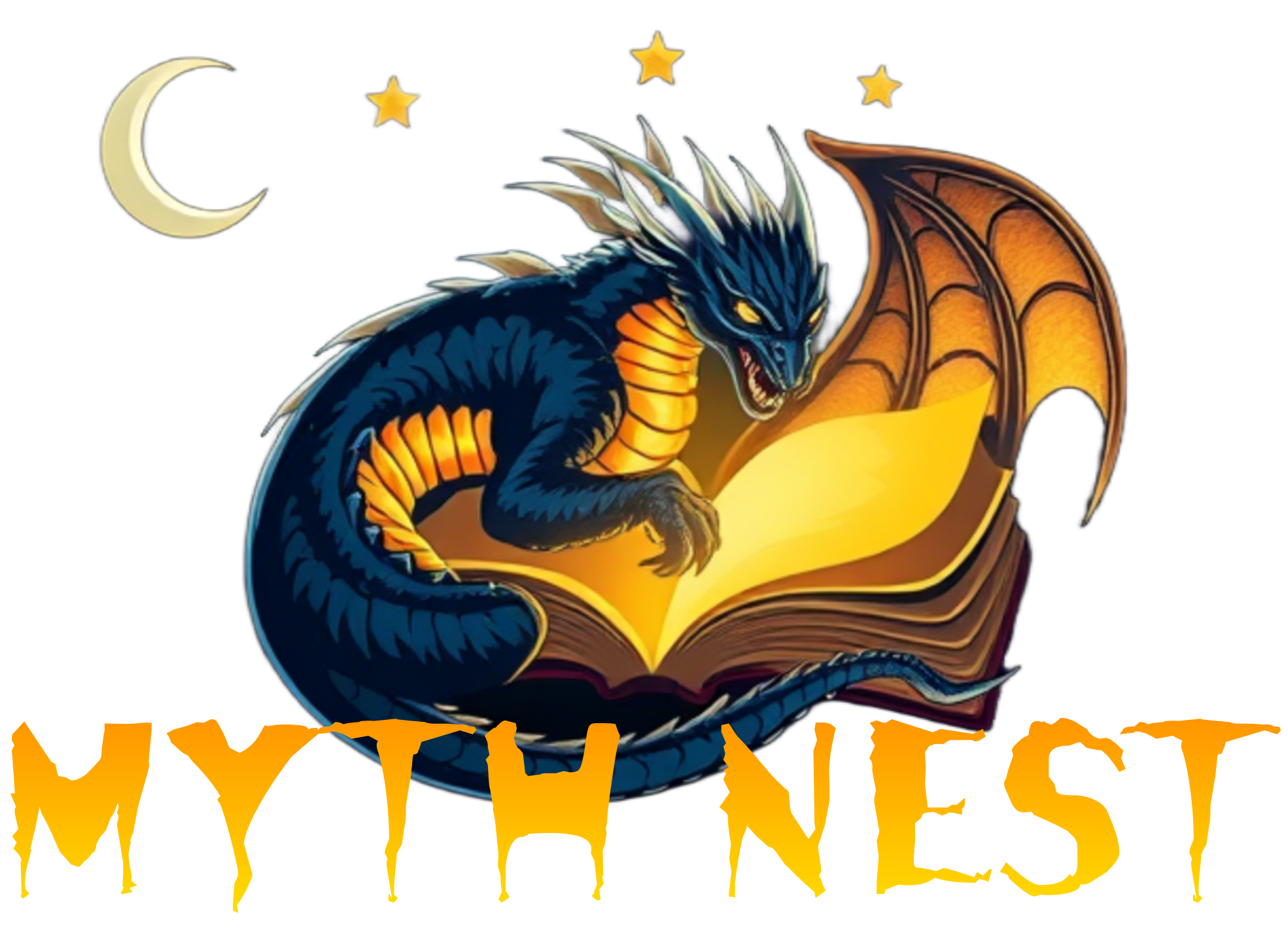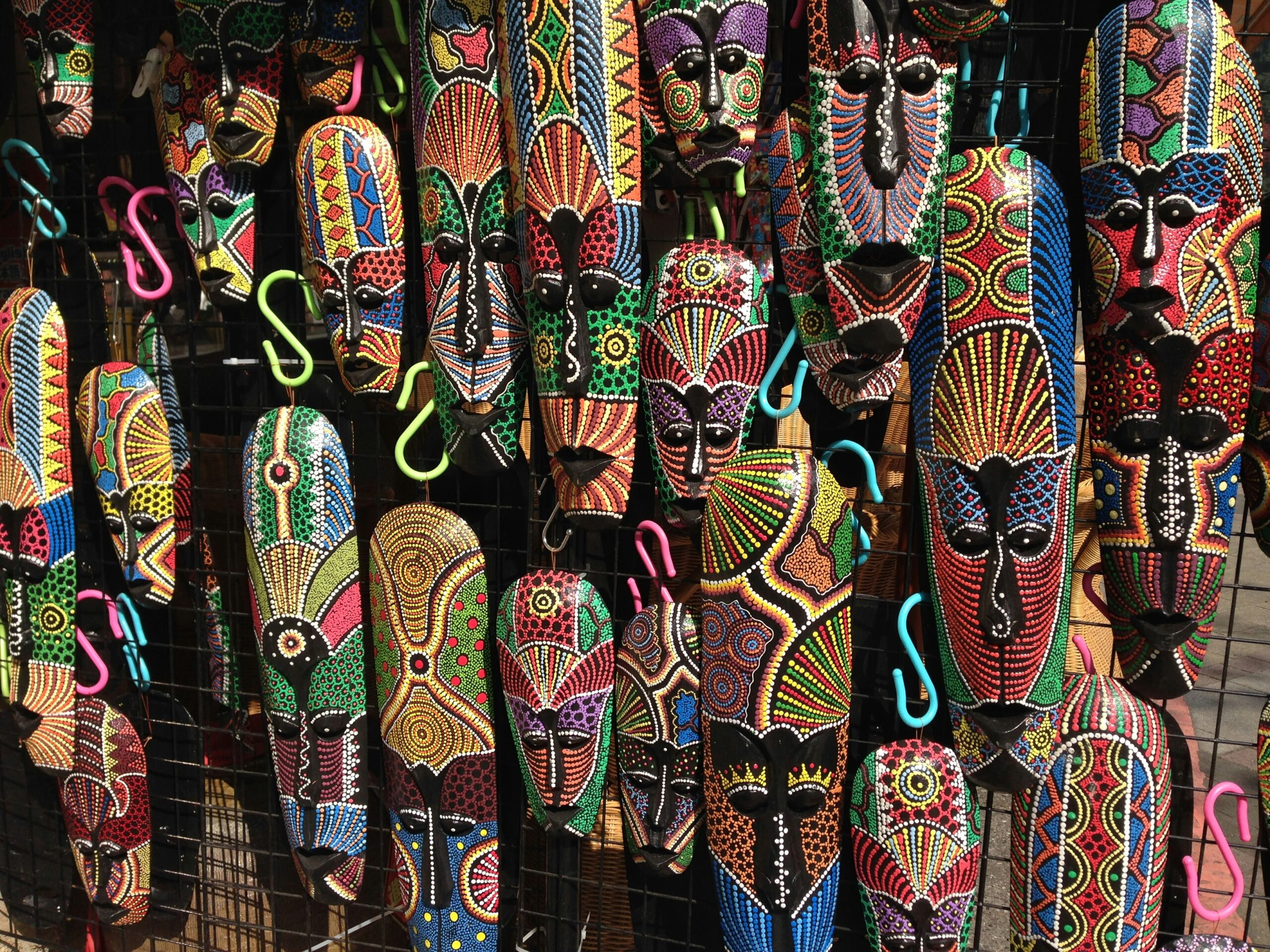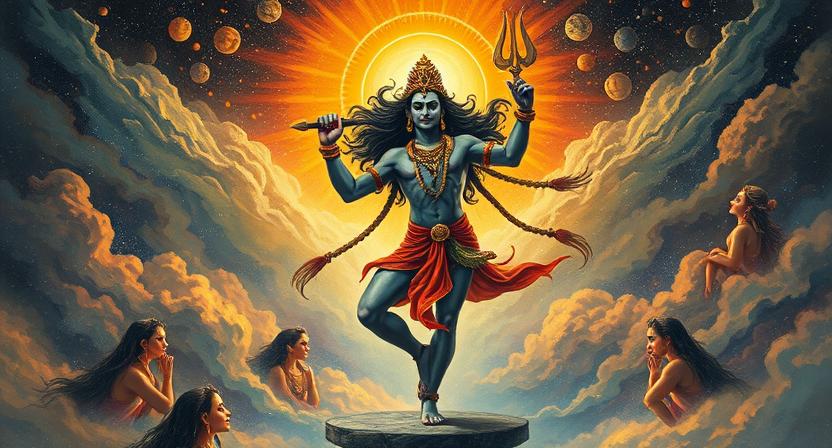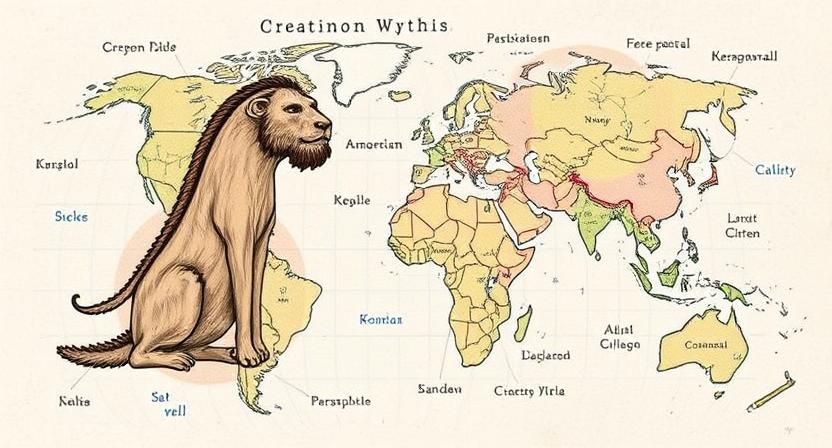Overview of the Book of Genesis

The Book of Genesis is the first book of the Bible, encompassing the creation of the world, the origins of humanity, and the early history of the Israelite people. It is divided into two main sections: the primeval history, which includes the creation account and the stories of Adam and Eve, Cain and Abel, and Noah and the Great Flood; and the ancestral history, which traces the lineage of Abraham, Isaac, Jacob, and Joseph.
Throughout Genesis, themes of faith, obedience, sin, redemption, and the covenant between God and His people are prevalent. The book sets the foundation for the rest of the Bible, providing the origin stories that shape the beliefs and traditions of Judaism, Christianity, and Islam. It serves as a rich tapestry of narratives that explore the complex relationship between humanity and divinity, shedding light on both the frailty and resilience of human nature.
• The Book of Genesis is divided into two main sections: the primeval history and the ancestral history.
• Themes of faith, obedience, sin, redemption, and covenant are prevalent throughout Genesis.
• Genesis sets the foundation for the beliefs and traditions of Judaism, Christianity, and Islam.
• The book explores the relationship between humanity and divinity, showcasing both frailty and resilience.
Importance of the Creation Story in the Bible
The Creation Story in the Bible holds significant importance for believers as it sets the foundation for understanding the power and sovereignty of God. By showcasing God’s omnipotence in creating the world and everything in it, the story emphasizes His authority over all of creation. The account of God speaking everything into existence within six days conveys a message of order, purpose, and intention behind the universe’s formation.
Furthermore, the Creation Story serves as a reminder of humanity’s unique position in God’s design. The narrative of God forming Adam and Eve in His image underlines the value and dignity He bestows upon every individual. It underscores the belief that all human beings are inherently precious and worthy of respect, as they are created by the Divine with deliberate care and love.
• The Creation Story highlights God’s power and sovereignty
• It emphasizes the order, purpose, and intention behind the universe’s formation
• Humanity’s unique position in God’s design is underscored
• Every individual is considered valuable and worthy of respect as they are created in God’s image
Creation of the World in Six Days
In the Book of Genesis, it is recounted that God created the world in six days. Each day of creation was significant and purposeful, culminating in the formation of the earth, skies, seas, plants, animals, and ultimately, humanity. The account emphasizes the order and design in the creation process, highlighting the power and wisdom of God in bringing the world into existence.
The narrative of creation in six days serves as a foundational belief in many faith traditions, symbolizing the divine origin of the universe and all living beings. It conveys the concept of God as the ultimate Creator, establishing the framework for understanding the relationship between the Creator and his creation. The depiction of creation in six days not only outlines the sequence of events leading to the formation of the world but also underscores the significance of rest on the seventh day, setting a pattern for work and rest that is woven throughout the fabric of human existence.
• On the first day, God created light and separated it from darkness
• On the second day, God created the sky and separated it from the waters below
• On the third day, God created dry land and seas, as well as plants and vegetation
• On the fourth day, God created the sun, moon, and stars to govern day and night
• On the fifth day, God created sea creatures and birds to fill the waters and skies
• On the sixth day, God created land animals and then crowned his creation with humanity
God’s Creation of Adam and Eve
The story of Adam and Eve is a foundational account in the Book of Genesis, portraying the origins of humanity according to biblical tradition. According to the narrative, God created Adam, the first man, from the dust of the earth, breathing life into him. In the tranquil garden of Eden, Adam was tasked with naming the animals and tending to the land.
Eve, the first woman, was then created from one of Adam’s ribs, symbolizing their unity and partnership. Together, they enjoyed God’s abundant blessings in the garden, living in harmony with nature and each other. However, their obedience to God was tested when they were tempted by the serpent to eat from the forbidden Tree of Knowledge of Good and Evil, ultimately leading to their expulsion from Eden.
• God created Adam, the first man, from the dust of the earth
• Eve, the first woman, was created from one of Adam’s ribs
• They lived in harmony with nature and each other in the garden of Eden
• The serpent tempted them to eat from the forbidden Tree of Knowledge of Good and Evil
• Their disobedience led to their expulsion from Eden
The Garden of Eden
The Garden of Eden is a significant location in the Book of Genesis, symbolizing the idyllic paradise where Adam and Eve resided. It is described as a beautiful and bountiful garden, full of lush vegetation and plentiful fruits. This setting served as the backdrop for the creation of the first humans and their early interactions with God.
Within the Garden of Eden, God placed the Tree of Knowledge of Good and Evil, instructing Adam and Eve not to eat its fruit. This tree represented a test of obedience and free will for the first humans, who were given the choice to follow God’s command or succumb to temptation. The act of eating the forbidden fruit from this tree ultimately led to the Fall of Man, marking a pivotal moment in the story of creation and the introduction of sin into the world.
• The Garden of Eden symbolizes an idyllic paradise in the Book of Genesis
• It is described as a beautiful and bountiful garden with lush vegetation and plentiful fruits
• Adam and Eve resided in the Garden of Eden, interacting with God in this setting
• The Tree of Knowledge of Good and Evil was located within the garden, testing Adam and Eve’s obedience
• Eating the forbidden fruit from this tree led to the Fall of Man, introducing sin into the world.
The Tree of Knowledge of Good and Evil

In the Garden of Eden, the Tree of Knowledge of Good and Evil stood as a test of obedience for Adam and Eve. God had given them every tree in the garden to eat from except for this one specific tree. The serpent, known for its cunning ways, tempted Eve to eat the forbidden fruit, leading her to disobey God’s command.
Upon eating the fruit from the Tree of Knowledge of Good and Evil, Adam and Eve’s eyes were opened to a new understanding of good and evil. Their act of disobedience brought sin into the world, causing them to be banished from the Garden of Eden. This pivotal moment in the Book of Genesis highlights the consequences of defying God’s instructions and serves as a profound lesson on the importance of obedience and trust in divine guidance.
• The Tree of Knowledge of Good and Evil tested Adam and Eve’s obedience
• God prohibited them from eating the fruit from this tree in the Garden of Eden
• The serpent tempted Eve to eat the forbidden fruit, leading to disobedience
• Eating the fruit opened their eyes to a new understanding of good and evil
• Their act of disobedience brought sin into the world and led to their banishment from paradise
The Fall of Man
After Adam and Eve ate the forbidden fruit from the Tree of Knowledge of Good and Evil in the Garden of Eden, they became aware of their nakedness and hid from God’s presence. The consequences of their disobedience led to their expulsion from the Garden and a curse being placed upon them – Adam had to toil for his food, while Eve would suffer pain in childbirth.
The Fall of Man symbolizes humanity’s inclination towards sin and separation from God. It serves as a poignant reminder of the consequences of disobedience and the fragility of human nature. Despite this event marking a significant turning point in the relationship between God and humanity, it also paved the way for redemption and the eventual arrival of Jesus Christ as the Savior.
• The Fall of Man resulted in Adam and Eve becoming aware of their nakedness
• Consequences included expulsion from the Garden and curses placed upon them
• Adam had to work for his food, while Eve would experience pain in childbirth
• Symbolizes humanity’s tendency towards sin and separation from God
• Serves as a reminder of the consequences of disobedience and human fragility
• Despite marking a turning point, it paved the way for redemption through Jesus Christ
Cain and Abel
Cain and Abel were the sons of Adam and Eve, with Cain being the eldest and Abel the younger sibling. They both presented offerings to God, with Abel offering the best of his flock and Cain offering produce from his fields. God favored Abel’s offering but did not look favorably upon Cain’s. This led to jealousy and resentment building up in Cain towards his brother.
In a fit of jealousy, Cain lured Abel into the fields and killed him out of spite. When God questioned Cain about Abel’s whereabouts, he famously replied, “Am I my brother’s keeper?” God then punished Cain by making him a restless wanderer on the earth, marked with a sign to protect him from harm. The story of Cain and Abel serves as a cautionary tale about the consequences of envy and the importance of personal responsibility.
• Cain and Abel were the sons of Adam and Eve
• Cain was the eldest, while Abel was the younger sibling
• They both presented offerings to God – Abel offered his best flock, while Cain offered produce from his fields
• God favored Abel’s offering over Cain’s, leading to jealousy in Cain towards his brother
In a fit of jealousy, Cain lured Abel into the fields and killed him. When questioned by God about Abel’s whereabouts, he famously replied with “Am I my brother’s keeper?” As a punishment, God made Cain a restless wanderer on earth with a protective mark. This story serves as a cautionary tale about envy and personal responsibility.
Noah and the Great Flood
The story of Noah and the Great Flood is one of the most well-known narratives in the Book of Genesis. It recounts how God chose Noah, a righteous man, to build an ark to save himself, his family, and pairs of animals from a catastrophic flood that would destroy all life on earth. According to the biblical account, the flood was a judgement from God upon the wickedness of humanity, with Noah and his ark serving as symbols of salvation and divine intervention.
The tale of Noah and the Great Flood is not merely a cautionary tale of divine retribution, but also a narrative of faith, obedience, and renewal. Despite facing ridicule and doubt from others, Noah followed God’s instructions faithfully in building the ark and gathering the animals, showcasing his unwavering trust in divine providence. The story concludes with a rainbow, symbolizing God’s covenant with humanity to never again destroy the world with a flood, offering a message of hope and redemption after a time of great trial and devastation.
• The story of Noah and the Great Flood highlights the importance of faith and obedience in times of adversity
• Noah’s unwavering trust in God’s plan serves as an example for believers to follow
• The rainbow at the end of the flood symbolizes hope and redemption after a period of destruction
• God’s covenant with humanity signifies a promise to never again destroy the world with a flood, showing divine mercy
The Tower of Babel
The Tower of Babel is a famous biblical story found in the book of Genesis. According to the account, after the Great Flood, the descendants of Noah settled in the land of Shinar. Seeking to make a name for themselves and avoid being scattered, they decided to build a tower that reached the heavens.
Their ambitious project was met with divine intervention when God confused their languages, resulting in the people being unable to understand each other. This linguistic chaos led to the abandonment of the construction and the scattering of the people across the earth. The story of the Tower of Babel is often interpreted as a cautionary tale about the dangers of pride, hubris, and the consequences of disobedience to divine will.
• The Tower of Babel is a famous biblical story found in the book of Genesis
• After the Great Flood, descendants of Noah settled in the land of Shinar
• They decided to build a tower that reached the heavens to make a name for themselves and avoid being scattered
• God intervened by confusing their languages, causing them to be unable to understand each other
• The linguistic chaos led to the abandonment of construction and scattering of people across the earth
• The story is often interpreted as a cautionary tale about pride, hubris, and disobedience to divine will.
Abraham and the Covenant with God

Abraham, a prominent figure in the Old Testament, is regarded as the father of the Abrahamic religions – Judaism, Christianity, and Islam. He was chosen by God to establish a covenant, a sacred agreement, which promised him numerous descendants and the land of Canaan for his people. This covenant marked a pivotal moment in biblical history, as it laid the foundation for the Israelite nation and the future coming of Jesus Christ in Christian belief.
Believing in the promise of God, Abraham displayed great faith and obedience by following God’s command to leave his homeland and journey to the unfamiliar land of Canaan. Throughout his life, Abraham encountered various trials and challenges, yet his unwavering faith in God remained steadfast. The covenant between Abraham and God symbolizes the importance of faith, trust, and obedience in the relationship between humanity and the divine.
• The covenant between Abraham and God was a sacred agreement promising him numerous descendants and the land of Canaan
• This covenant marked a pivotal moment in biblical history, laying the foundation for the Israelite nation
• Abraham displayed great faith and obedience by following God’s command to leave his homeland for Canaan
• Despite facing trials and challenges, Abraham’s unwavering faith in God remained steadfast throughout his life
Isaac and Jacob: The Patriarchs of Israel
Isaac, the son of Abraham and Sarah, played a significant role in the establishment of the nation of Israel. Known for his obedience and faithfulness, Isaac was the child of promise, born to his elderly parents as a fulfillment of God’s covenant. His son Jacob, later renamed Israel, became the father of the twelve tribes of Israel, marking a pivotal moment in the history of the nation. Jacob’s story is one of great complexity, marked by deception, struggle, and eventual redemption. Through his perseverance and eventual reconciliation with his brother Esau, Jacob emerged as a key figure in the lineage of the Israelite people.
The narratives of Isaac and Jacob in the Book of Genesis underscore the themes of faith, family, and divine providence. Despite their flaws and shortcomings, both patriarchs were chosen by God to carry forward the promises made to Abraham. Their stories serve as a reminder of the resilience of the human spirit and the enduring nature of God’s faithfulness. Through their journey, the foundations were laid for the nation of Israel to fulfill its destiny as a chosen people set apart for God’s purposes.
• Isaac, the child of promise, was known for his obedience and faithfulness
• Jacob, later renamed Israel, became the father of the twelve tribes of Israel
• Jacob’s story is marked by deception, struggle, and eventual redemption
• The narratives of Isaac and Jacob in Genesis emphasize themes of faith, family, and divine providence
• Despite their flaws, both patriarchs were chosen by God to fulfill promises made to Abraham
• Their stories highlight the resilience of the human spirit and God’s enduring faithfulness
• Through their journey, the foundations were laid for Israel to fulfill its destiny as a chosen people
Joseph and the Coat of Many Colors
Joseph was the beloved son of Jacob, gifted with a coat of many colors by his father. This special garment symbolized Jacob’s favoritism towards Joseph, which stirred jealousy among his brothers. Envious of Joseph’s favored status, his brothers conspired against him, ultimately leading to Joseph being sold into slavery in Egypt.
Despite the hardships he faced, Joseph remained faithful to God and displayed remarkable resilience. Through a series of events, Joseph’s ability to interpret dreams caught the attention of Pharaoh, the ruler of Egypt. His gift ultimately led him to a position of power within the Egyptian kingdom, where he played a crucial role in preparing the nation for a severe famine.
• Joseph was the beloved son of Jacob
• Gifted with a coat of many colors by his father
• Symbolized Jacob’s favoritism towards Joseph
• Stirred jealousy among his brothers
• Brothers conspired against him, leading to being sold into slavery in Egypt
Despite the challenges he faced, Joseph remained faithful and resilient. His ability to interpret dreams caught the attention of Pharaoh, leading him to a position of power within Egypt. He played a crucial role in preparing the nation for a severe famine, showcasing his wisdom and faithfulness throughout his journey.
Moses and the Exodus from Egypt
Moses, a key figure in the Book of Exodus, is known for leading the Israelites out of slavery in Egypt. Through a series of miraculous events, including the ten plagues, Moses’ unwavering faith and determination ultimately led to the liberation of his people from Pharaoh’s oppression. Following the Passover, where the Angel of Death spared the Israelites but afflicted the Egyptians, Pharaoh finally relented and allowed the Hebrews to leave Egypt.
The Exodus from Egypt marked a significant turning point in the history of the Israelites, symbolizing not only physical liberation but also spiritual freedom and the establishment of a covenant with God. As the Israelites journeyed through the wilderness under Moses’ guidance, they faced numerous challenges and tests of faith. Yet, through God’s constant provision and protection, they endured and eventually reached the Promised Land, solidifying their identity as God’s chosen people.
• The ten plagues inflicted upon Egypt demonstrated God’s power and served as a warning to Pharaoh
• The Passover became a central ritual for the Israelites, commemorating their deliverance from slavery
• Moses’ leadership qualities of courage, humility, and obedience set him apart as a great prophet
• The Exodus story continues to inspire people around the world in their own struggles for freedom and justice.
The Ten Commandments
The Ten Commandments are a set of moral and religious principles that were given by God to Moses on Mount Sinai. These commandments serve as a guide for the Israelites on how to live their lives in accordance with God’s laws. They cover a wide range of topics, including instructions on worshiping God, honoring one’s parents, and respecting the property and lives of others.
These commandments are seen as the foundation of ethical behavior in both Jewish and Christian traditions. They emphasize the importance of respecting God and living a life of righteousness. Throughout history, the Ten Commandments have been a source of inspiration and guidance for believers seeking to lead a life that is pleasing to God.
• The Ten Commandments were given by God to Moses on Mount Sinai
• They serve as a guide for the Israelites on how to live their lives in accordance with God’s laws
• Cover a wide range of topics, including worshiping God and respecting others’ property and lives
• Seen as the foundation of ethical behavior in Jewish and Christian traditions
• Emphasize the importance of respecting God and living a life of righteousness
Joshua and the Conquest of Canaan

After the Israelites crossed the Jordan River under the leadership of Joshua, they embarked on the conquest of Canaan, the land promised to them by God. The taking of Jericho, with its miraculous fall of the city walls, marked the beginning of their military campaign to claim the land that was to be their inheritance. The Israelites followed a strategy of obedience to God’s commands, which included the destruction of certain cities and the sparing of others.
The conquest of Canaan was not without challenges and conflicts. The Israelites faced resistance from various Canaanite tribes, leading to fierce battles and the need for strategic warfare. Through divine intervention and the leadership of Joshua, the Israelites were able to secure victories and gradually establish their presence and authority in the Promised Land.
• The Israelites followed a strategy of obedience to God’s commands
• The destruction of certain cities and sparing of others was part of their military campaign
• Divine intervention played a significant role in securing victories for the Israelites
• Fierce battles and strategic warfare were necessary to overcome resistance from Canaanite tribes
David: The Shepherd King
David was the youngest son of Jesse, a shepherd from Bethlehem. Despite his humble beginnings, he was anointed by the prophet Samuel to be the future king of Israel. David’s ascent to the throne was marked by his defeat of the giant Goliath and his unwavering faith in God’s protection.
As king, David was known for his military prowess and his poetic Psalms, many of which express his deep love and devotion to God. However, David was also a flawed ruler, as his affair with Bathsheba and the subsequent murder of her husband highlight his humanity and imperfections. Despite his shortcomings, David is remembered as a righteous king who sought forgiveness and repentance.
• David was the youngest son of Jesse, a shepherd from Bethlehem
• Anointed by the prophet Samuel to be the future king of Israel
• Defeated the giant Goliath with unwavering faith in God’s protection
• Known for his military prowess and poetic Psalms expressing love for God
• Flawed ruler with affair with Bathsheba and murder of her husband highlighting humanity and imperfections
• Remembered as a righteous king who sought forgiveness and repentance
Solomon and the Building of the Temple
King Solomon, known for his wisdom and wealth, embarked on the monumental task of building the Temple in Jerusalem. This grand structure was to be a place where the Israelites could worship God and seek His presence. Solomon spared no expense in its construction, utilizing the finest materials and skilled craftsmen to create a magnificent house for the Lord.
The building of the Temple was not only a physical endeavor but also a spiritual one. It symbolized the Israelites’ commitment to God and their desire to honor Him with a permanent place of worship. The completion of this sacred edifice was a significant moment in Israelite history, marking a new chapter in their relationship with God and reaffirming their faith and devotion to Him.
• Solomon’s wisdom and wealth were instrumental in the construction of the Temple
• The Temple was built in Jerusalem as a place for Israelites to worship God
• Finest materials and skilled craftsmen were used in building the magnificent structure
• The completion of the Temple symbolized Israelites’ commitment to God and desire to honor Him with a permanent place of worship
Prophets in the Old Testament
Prophets in the Old Testament were individuals chosen by God to deliver His messages to the people of Israel. These prophets played a crucial role in guiding the Israelites, foretelling future events, and calling for repentance and obedience to God’s commands. Their words often offered comfort, rebuke, and warnings of consequences for the people’s actions.
The Old Testament is filled with accounts of various prophets such as Isaiah, Jeremiah, Ezekiel, and many others who fearlessly proclaimed God’s word. Their messages were not always well-received, as they often had to confront kings, priests, and the nation as a whole with uncomfortable truths and divine judgments. The role of the prophets in the Old Testament serves as a reminder of the importance of heeding God’s word and living in accordance with His will.
• Prophets were chosen by God to deliver His messages
• They guided the Israelites and foretold future events
• Their messages offered comfort, rebuke, and warnings
• Not always well-received, they confronted leaders with uncomfortable truths
• The prophets’ role reminds us of the importance of heeding God’s word
Relevance of the Creation Story in Modern Society
The creation story in the book of Genesis continues to hold relevance in modern society due to its foundational teachings on the beginning of the world and humanity. Many people, regardless of their religious beliefs, find value in exploring the themes of creation, purpose, and the relationship between God and humanity as presented in this ancient narrative. It serves as a reminder of the importance of stewardship, morality, and the interconnectedness of all living beings on Earth.
Moreover, the creation story offers insights into the origins of human nature and societal dynamics. By delving into the accounts of Adam and Eve in the Garden of Eden, the fall of mankind, and subsequent stories of human struggles and triumphs, modern society can reflect on the complexities of human behavior, the consequences of our choices, and the pursuit of redemption and restoration. This narrative prompts individuals to consider their own moral compass, purpose in life, and the impact of their actions on the world around them.
• The creation story in Genesis provides foundational teachings on the beginning of the world and humanity
• It explores themes of creation, purpose, and the relationship between God and humanity
• The narrative emphasizes stewardship, morality, and interconnectedness of all living beings on Earth
• Insights into human nature and societal dynamics can be gained from accounts like Adam and Eve in the Garden of Eden
• Reflection on human behavior, consequences of choices, and pursuit of redemption is prompted by this ancient narrative




